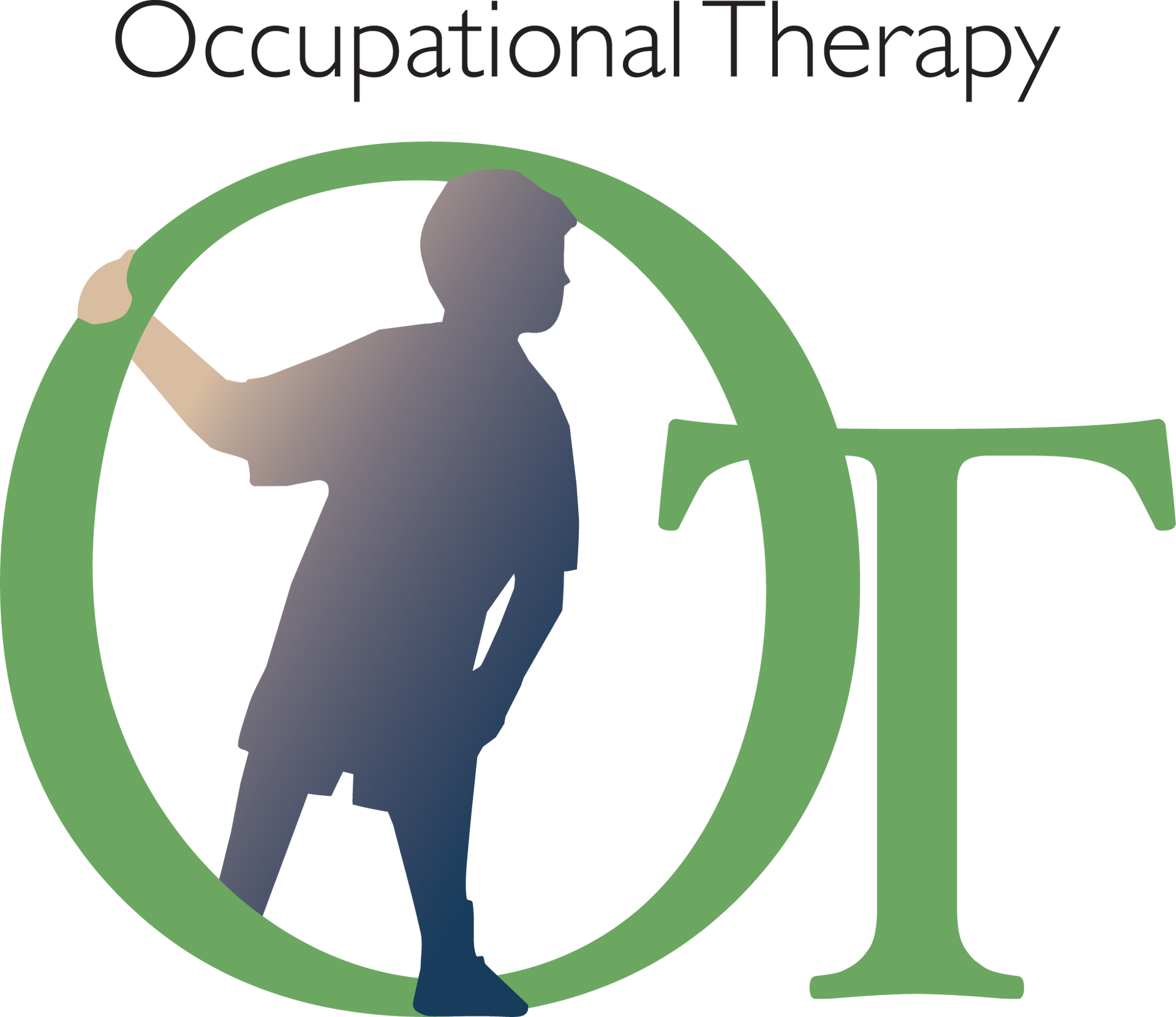Contact us


What is Occupational Therapy?
Children are referred to occupational therapists when there are concerns about:
· Motor skills and coordination
· Sensory processing skills
· Visual Perception
· Attention control
· Handwriting
· Self-care skills (dressing, using cutlery, toileting)
· Organisational skills / Executive function
Occupational therapists use carefully selected activities to help children develop the motor, sensory, perceptual and organisational skills they need to be independent in everyday activities of self- care, play and school work.
Occupational therapists can help children master practical skills such as dressing (including fastening buttons, buckles and laces), using tools such as cutlery and scissors effectively, as well as developing handwriting skills.
Some children find busy noisy settings stressful and struggle to concentrate. Occupational Therapists consider how efficiently children process sensory information and consider environmental factors which affect task performance and attention control.
Children’s task performance can sometimes be improved by using adapted furniture or simple equipment (such as pencil grips and writing slopes) and these can be prescribed.
Our Approach to Occupational Therapy:
Julia and her occupational therapy colleagues are committed to providing therapy which is practical and efficient, whilst being fun and motivating for the children who attend.
Intervention is firmly rooted in evidence based practice and predominantly informed from neurodevelopmental frameworks.
Core occupational therapy values promoting functional skill acquisition to enable occupational performance and participation are at the heart of all intervention they provide.
Julia and her OT colleagues have all completed higher level masters degree training in occupational therapy and have more than 10 years of experience working as paediatric occupational therapists.
Ongoing training and keeping up-to-date on research and implications for our practice is important to all of us.
Within the team we have particular areas of interest and expertise working with children diagnosed with developmental coordination disorder, hypermobility, ADHD and autism and children with developmental delays sometimes associated with premature birth or genetic conditions.
Useful Links
Business Hours
- Mon - Fri
- -
- Saturday
- Appointment only
- Sunday
- Closed
OT Enquiries Fiona:
07538 691 797
Physio Enquiries Wiz: 07767 887 217